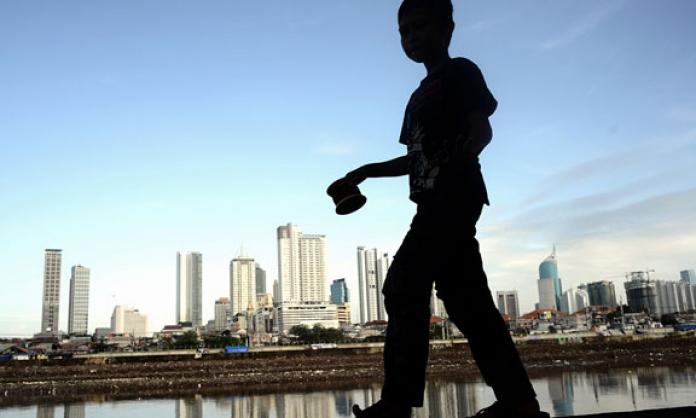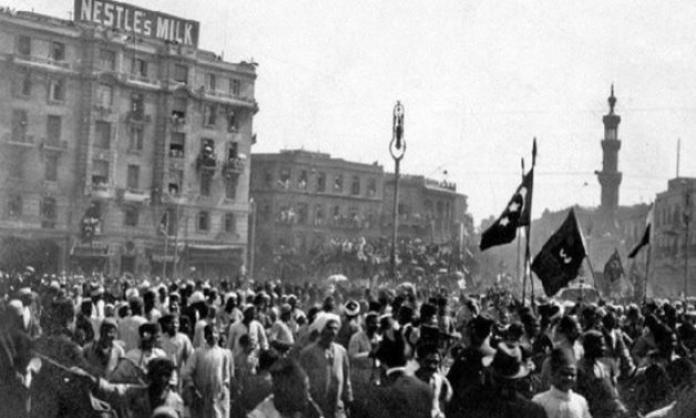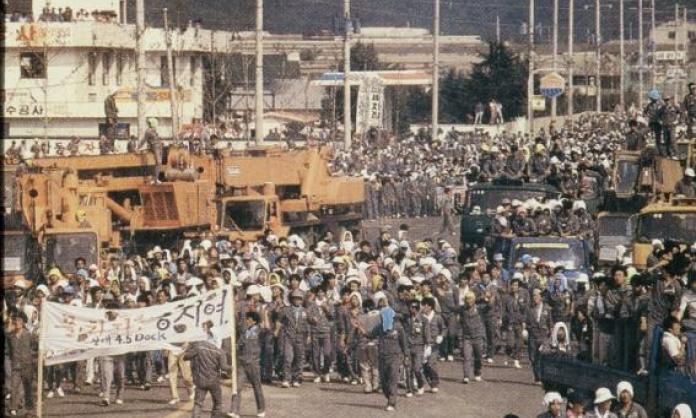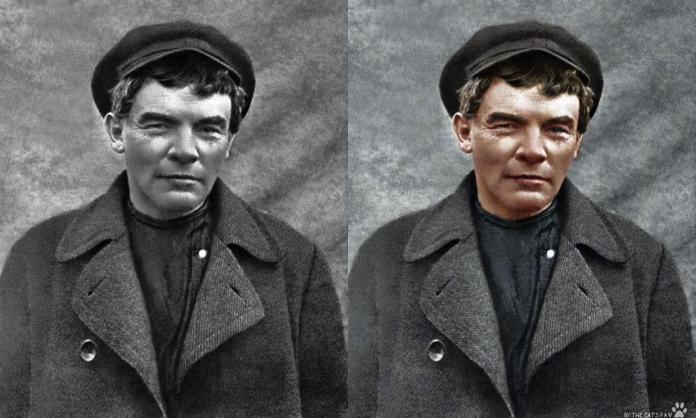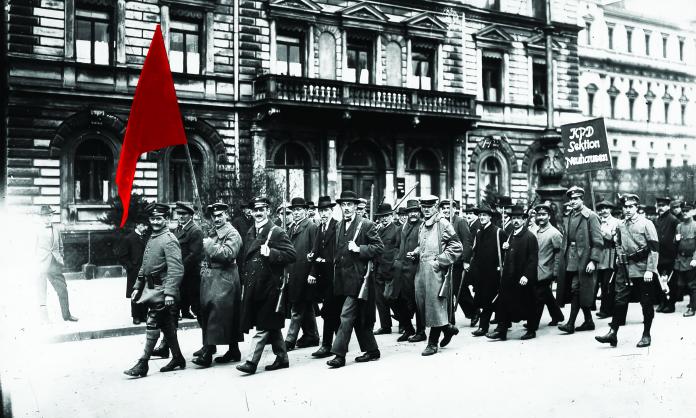One law firm, working for over 40 years with more than 14,000 banks, lawyers and incorporating authorities, set up more than 200,000 off-shore shell corporations to enable mass tax avoidance by rich people and large corporations around the world. Some of the details now have been widely-reported – and there is probably much more to come from the 2.6 terabyte file leak from Mossack Fonseca.
This is just the tip of the iceberg.
According to University of California economist Gabriel Zucman’s research, about US$330 billion is lost each year to tax avoidance and evasion. Writing at theintercept.com, journalist Jon Schwarz noted that Zucman “conservatively calculates that, as of 2014, at least $7.6 trillion of the world’s financial wealth – or about 8 percent of the world’s total financial wealth of $95.5 trillion – was ‘missing’”.
It didn’t go for a walk on a sunny morning and run away from home. It was kidnapped by some of the most ruthless corporate minds in the world. States have the power to pull these rogues into line, yet many continue to enable profit-shifting and actively weaken the powers of tax agencies and regulators in the name of “reducing bureaucracy and red tape”. Take the federal government’s gutting of the Australian Tax Office, or the recently instituted “deferred prosecution agreements” in the US, which allow companies to buy their way out of criminal charges.
When national elections are increasingly fought on the question of whether or not social services can be maintained, it is a basic right that we have knowledge of corporate crimes and access to the real figures of potential government revenue – not skewed data that confirm the narrative of politicians who say that we can’t afford decent health care, welfare and public infrastructure.
Where do these profits, this surplus value, come from? From the workers. This is the source of the great theft.
Consider, for example, that US$7.6 trillion figure. That is about 10 trillion Australia dollars. If it were “found” and taxed at 40 percent there would be government revenues enough to build more than 1,900 state of the art hospitals like the large new Royal Adelaide – about 10 hospitals for each country on the planet.
Yet while corporate fraud is gargantuan in its scale, it is not the expression of a system that “isn’t working”, as Time magazine’s Rana Foroohar noted in early April. In fact, the tax rorts are only a small part of the proceeds of a colossal theft from the world’s workers, which is the foundation of the system. This larger theft is often overlooked because capitalism’s structure obscures how value is created and distributed through the economy.
Value
Three basic aspects of this structure are, first, that firms carry out their productive activities independently of one another. Their books – the record of inventories, bills, inputs etc. – are confidential, to hide as much of their operations as possible. That’s the nature of private property.
Second, while they act independently, private businesses nevertheless interact to provide goods and services (commodities) for each other and for other consumers. During this process, local, national and regional economies, and a global economy, are formed.
Third, the interaction of these firms occurs via the market, which allocates labour and goods to different branches of production. The result is an economy in which the connections between people are formed only indirectly via the exchange of things (the products of labour).
The economic value of things, expressed in their price, is a result of the labour expended in their production: the average time it takes the average worker using the standard technology in any given industry to produce some particular commodity. It is also a result of the value transferred from raw materials and machinery, which are the products of previous rounds of production.
The way value is formed is complex; no-one knows in advance what the value of anything will be. We can say what something is selling for today, and business managers make estimations about what it might sell for tomorrow. But only after the commodities have been produced and put on the market for sale can their value be gauged. Why? Because only through the exchange of things are the various activities of businesses throughout the economy systematically compared; averages can be formed only through such comparison. And only after it has been performed can we find out whether or not the labour was actually useful.
Because prices are formed only on the market, it appears as though it is the natural properties of the commodities themselves, or simply the psychological wants of consumers, rather than labour, that determine a thing’s value.
Exploitation
One of the key ideological defences of capitalism is that, when individuals pursue our own economic self-interest, the greatest welfare will accrue to society as a whole. As Adam Smith famously wrote in The wealth of nations:
“Give me that which I want, and you shall have this which you want, is the meaning of every [bargain]; and it is in this manner that we obtain from one another the far greater part of those good offices which we stand in need of. It is not from the benevolence of the butcher, the brewer, or the baker that we expect our dinner, but from their regard to their own interest.”
It’s a nice theory, naturalising the operations of the market, transforming economic reflexes into a moral imperative and confirming, for anyone wanting confirmation, that being a greed-filled self-absorbed turd is good for everyone around you. Smith’s words retain some currency because everyone must interact on market to satisfy our needs. In that sphere we seemingly are on equal footing – we buy, we sell, and we allegedly enjoy the same protections, whether we are rich or poor, a person or a corporation.
This reality, and the theory built on it, obscures a fourth feature of capitalism – that it is a class society in which a minority of people own or control the vast majority of the productive apparatus that is required to produce the things that we all need – the telecommunications infrastructure, the agricultural land, the machinery, the office blocks, the factories, the mines and so on.
Entering the market, workers have only one commodity to sell: their capacity to labour, their “labour power”. That commodity can’t be hidden away in the British Virgin Islands, or treated like a financial instrument and loaned out in return for a cut of the profits produced elsewhere. Workers need food, water and shelter every day to replenish their capacity to work. So, far from being on equal footing, they are at the mercy of property owners, who will hire only those from whom they expect to make an economic gain – the extraction by bosses of “surplus value”.
This surplus value extraction is, on one hand, easy to grasp. When a firm’s products are sold, the revenues come back to the business to pay for the costs of production. But every firm requires that the sales revenues will be greater than the money originally outlaid. This extra value goes to the executives, the shareholders, to pay taxes and interest on loans, and part of it is retained for reinvestment.
Where do these profits, this surplus value, come from? From the workers. Labour power is a unique commodity, which in the production process not only passes the value embodied in it on to other commodities, but also creates additional value. This is the source of the great theft.
In other class societies, the transfer of the products of labour from the labouring classes to the ruling class is fairly transparent. A peasant family, for example, could calculate clearly how much they were being exploited: they might work five hours each day producing things for themselves on their own plot of land. They might then work another three or four hours on the lord’s land producing food for him. They could see what was theirs and what was his. If the lord had 20 peasant families on his estate, you could easily do the math regarding how much the lord took overall. In a capitalist economy, as the late Marxist scholar Ellen Meiksins Wood put it in Empire of capital,
“The class relation between capital and labour is rather more difficult to decipher. Here, there is no direct transfer of surplus value. The workers pay no rent, no tax or tribute, to their employers. There is no obvious way of distinguishing between what workers keep for themselves and what they forfeit to capital. In fact, far from extracting rent from workers, the employer pays them, in the form of a wage, and that payment appears to cover all the work the worker performs.”
Exploitation is still occurring – someone might get paid for eight hours’ work, but the value created in that eight hours surpasses the value of the wage. That’s capitalism’s great “secret”. The exploitation is hidden beneath the fiction of “a fair day’s pay for a fair day’s work”, and further obscured by the fact that, because value formation is itself so opaque, it is impossible to say exactly how much value above its wages the global working class is losing to the capitalist class.
All this is totally legal. In fact, the legal system is designed to facilitate it – even to the point that we have the legal term “fiduciary duty”, which basically says that corporate board members and executives have a legal requirement to maximise the returns to their shareholders. That is, they are guilty of a crime if they don’t facilitate the greatest degree of exploitation deemed reasonable.
Some among the political establishment rail against the tax rorting and unfair or corrupt businesses practices. But they all defend the wage-enslavement of the majority of the world’s population. This process doesn’t happen in a shell company on Grand Cayman. It is the hum-drum of workplaces in every town and city, in every county and state, in every country. Even if we can’t precisely calculate it, we know that it is occurring. And this theft, in monetary terms, dwarfs what is being exposed in the tax avoidance of the ruling class.
Competition and corruption
The firms carrying out the exploitation are locked in a competition that forces on each a never-ending quest to increase productivity (reduce the amount of labour expended in the production of commodities). New technologies, efficiency gains and the closure of older businesses all affect the average time it takes to create something. The businesses that produce things using less than the average amount of labour time have a competitive advantage.
The intense economic competition over time results in the greater centralisation of wealth in fewer hands and its concentration in larger corporations, which exert greater powers. In the case of the US, the Economist noted in March:
“Our analysis of census data suggests that two-thirds of the economy’s 900-odd industries have become more concentrated since 1997. A tenth of the economy is at the mercy of a handful of firms … A US$10 trillion wave of mergers since 2008 has raised levels of concentration further. American firms involved in such deals have promised to cut costs by $150 billion or more, which would add a tenth to overall profits.”
The race to sell as much as possible also necessarily leads to extra-economic competition. This involves conspiracy, the rewriting of laws (labour, environmental, tax and competition laws for example), bribery, espionage and violence. It is important to understand that such practices are intimately bound up with capitalist production. They are not intrusions into an otherwise unadulterated economic process. Nor are they some new development, as New York University historian Greg Grandin, in an article published in the US liberal magazine Nation, implied when he wrote, “financial crimes and political conspiracies aren’t discrete events but the essence of neoliberalism”.
There is no doubt that the neoliberal era has provided legal enablers for illicit financial flows. Yet Grandin’s comment is deceptive. Today’s frauds are shocking in their scale, but they are a direct extension of the anarchic private competition at the heart of the capitalist system, not simply a by-product of the great financial deregulations and restructurings of the 1980s and 1990s. As an example, the Russian revolutionary Nikolai Bukharin noted a century ago of the struggle among US trusts in the 19th century:
“Criminal gangs were hired to destroy railroad tracks, to damage and blow up oil pipes; incendiarism and murder were practised; governmental authorities, including entire judicial bodies, were bribed on a large scale; spies were maintained in the camp of competitors etc., etc. – there is a plethora of material in this respect in the history of the giant American combines.”
What the Panama Papers reveal is not a broken system, but one running as it was intended to and as it always has – concentrating ever greater sums of wealth in the hands of a tiny few, with the connivance of their political and legal servants.
Socialism
All this is why socialists don’t just argue for higher corporate taxes and financial transparency (although we certainly do), but for a completely different economy. We have a world of abundance in which poverty and inequality are the conditions for economic growth because capitalism is run according to the maxim: “From each worker according to their labour, to each capitalist according to their investment”.
We need an economy that eliminates the private ownership of the productive apparatus of society. An economy that eliminates the anarchy of the production processes. An economy that is governed by the planned production of goods, rather than by the interactions of things in a market. An economy that is not guided by competition and the search for profits. An economy that eliminates exploitation.
We need a socialist economy run according to Karl Marx’s maxim: “From each according to their ability, to each according to their need”. If you think that sounds like a good idea, then it’s time to join the socialists and work towards that goal.




